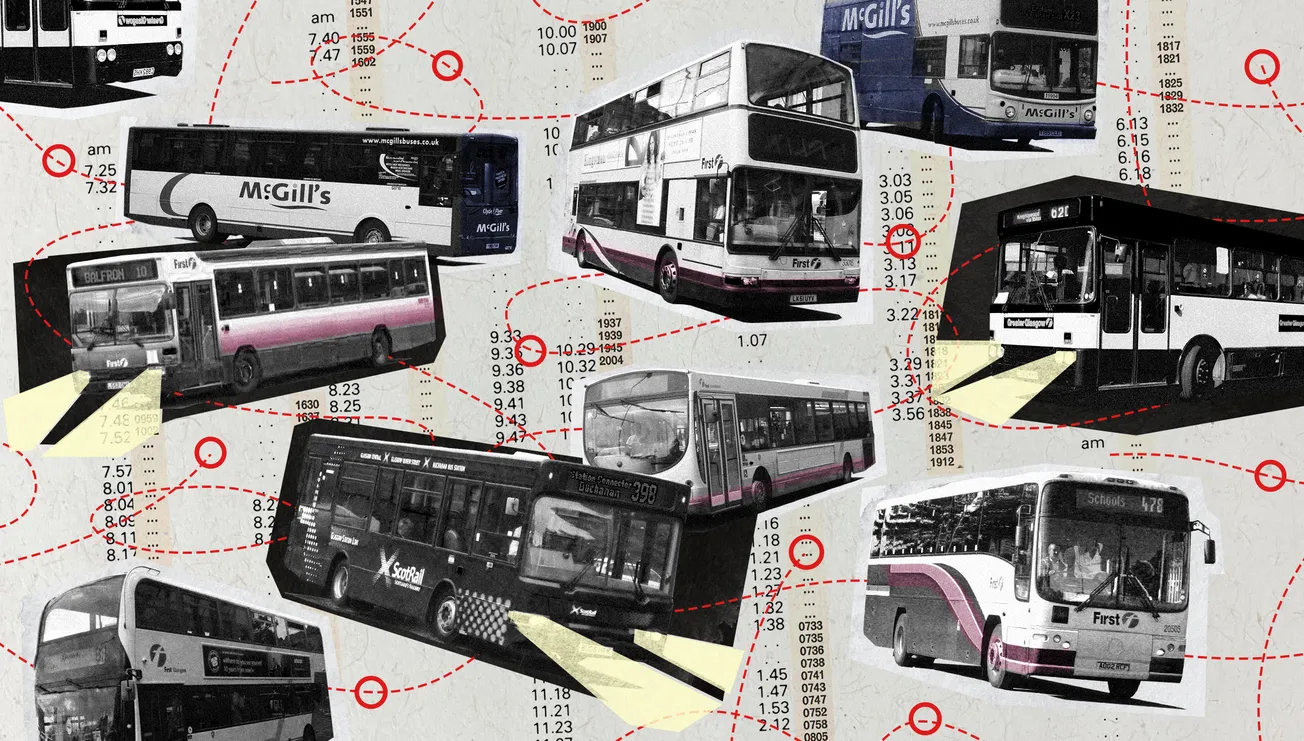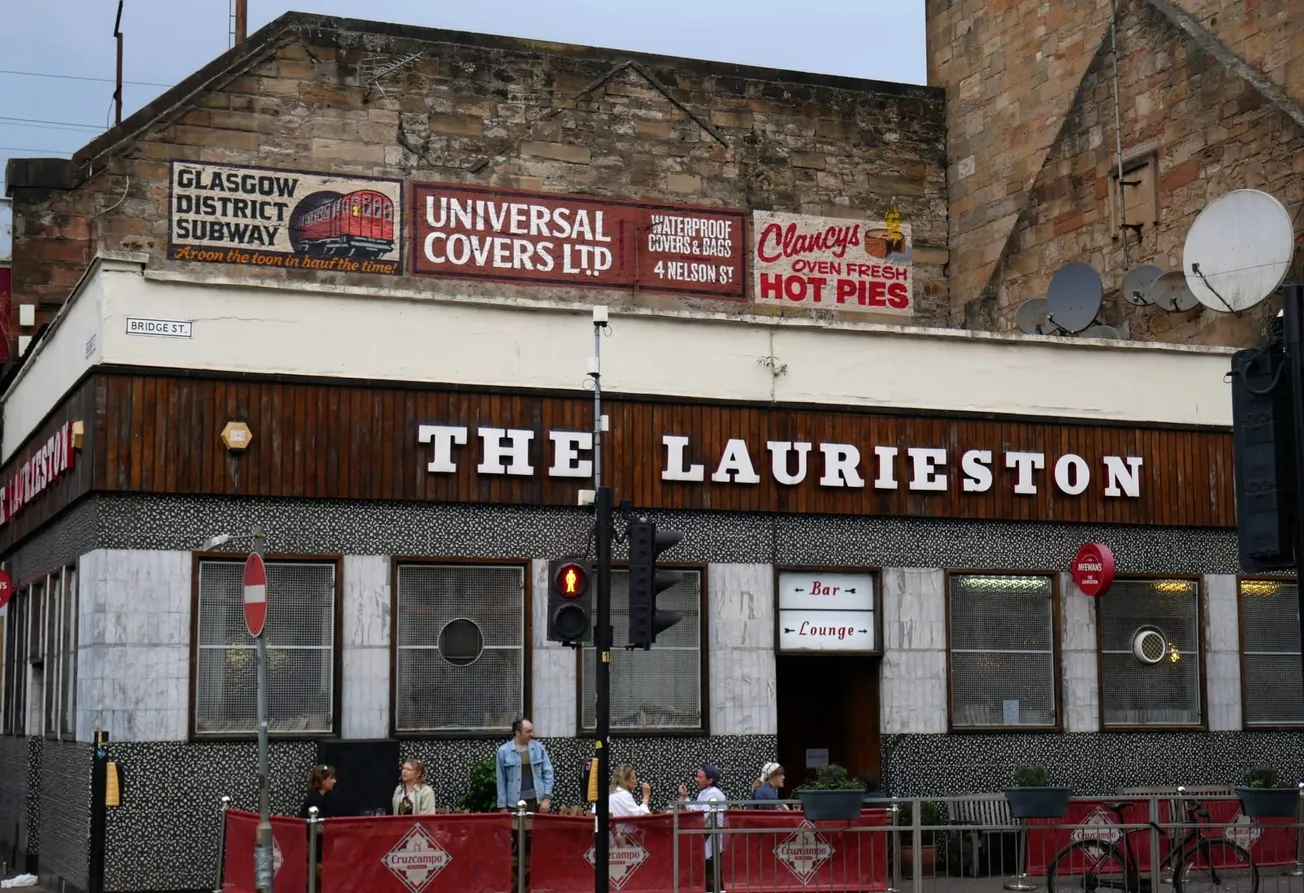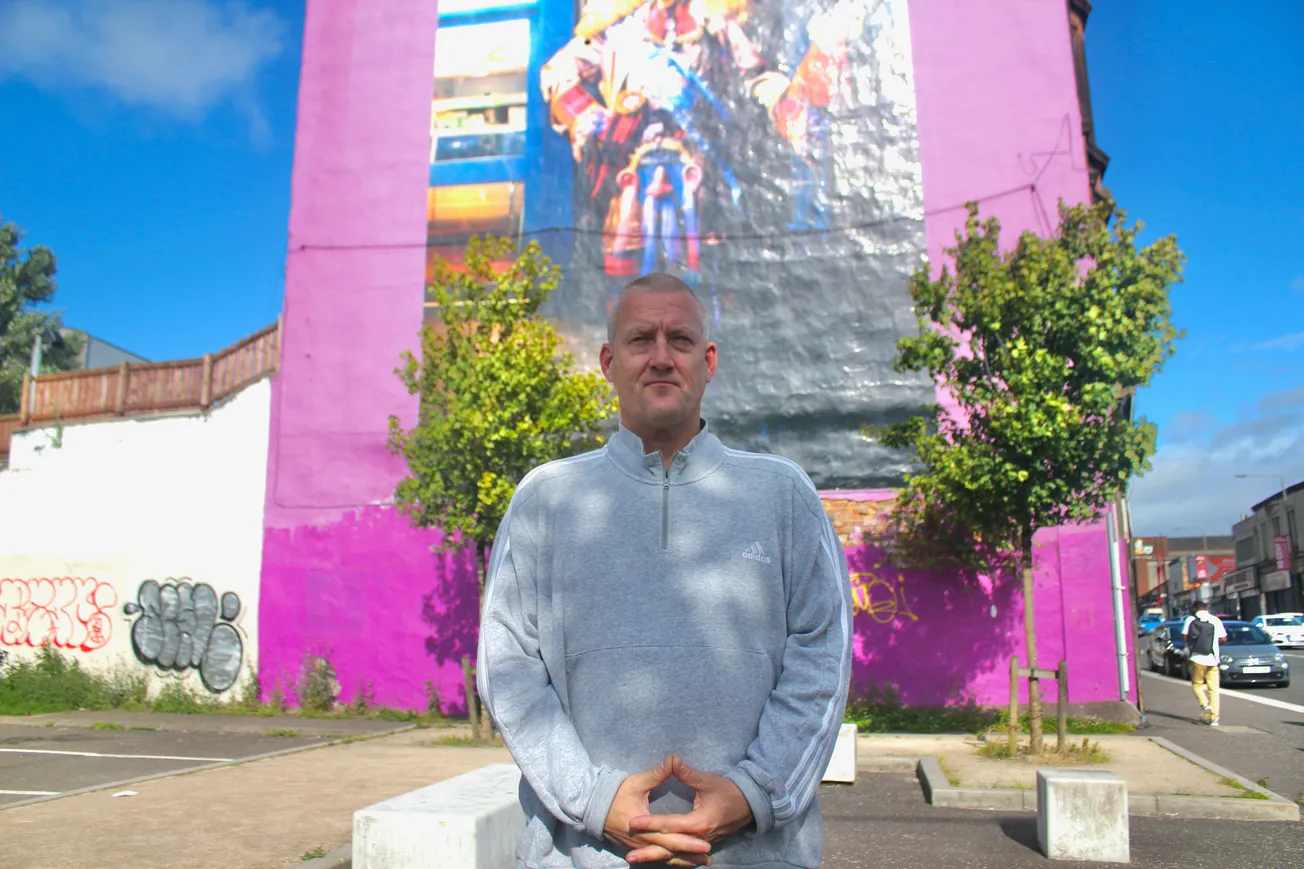It takes around 15 minutes by car to go from the village of Houston to the Royal Alexandra Hospital in Paisley and should take less than 30 minutes by bus. However, when the bus operator McGill’s pulled the number 19 service, that journey time jumped to two hours, using six buses to make a round trip.
Local residents protested but to no avail. They’re not alone in their frustration: Greater Glasgow’s bus services are famously disjointed, unreliable and – to add insult to injury – expensive. Andrew Carter, chief executive of the Centre For Cities policy think tank, told politicians at Holyrood last year that the structure of public transport in Scotland is so poor it makes his European colleagues cry when they hear about it. His think tank found that Glasgow’s economy is £7 billion smaller than it should be, with public transport a big part of the problem.
Many have put their hope in bus franchising to solve the problem. In a franchised system, a local transport authority sets routes and fares. They then contract private bus companies to run the services. The companies are paid an agreed rate, regardless of how many passengers took the service. That allows the transport authority to take money from profitable routes and use it to subsidise unprofitable, but socially important, ones – like the number 19.
Franchising is being rolled out in ever more city regions in England. The first region to get it over the line was Greater Manchester, in a four-year long process which featured legal action from two bus companies. But since Mayor Andy Burnham emerged triumphant, it’s generally accepted as inevitable that most English city regions will get franchising. Most Mayors back it, and the new Labour government has signalled clear support. Wales looks set to implement franchising for all its buses by 2028. And Glasgow’s transport authority, Strathclyde Partnership for Transport (SPT), have set off down this path by recommending franchising in its regional bus strategy.
But it’s far from certain that Glasgow will ever get there. There are two potentially fatal threats that could torpedo the move. The first is a quirk of the Scottish legislation, which gives the ultimate decision to a panel of just three people. And the second are the dark legal threats emanating from the bus companies – especially McGill’s. As we covered in a previous edition, the McGill’s bus empire stands to lose a lot should franchising go ahead.
Panel Pressure
The Transport (Scotland) Act 2019 makes it more complicated to implement bus franchising here than anywhere else in the UK. According to the Act, some parts of which are only just being implemented, before franchising can be agreed the Traffic Commissioner (TC) convenes an independent panel of three adjudicators. They make the final decision on whether franchising goes ahead.
If you think that sounds like a minor bureaucratic hurdle, you’d be wrong. When Newcastle’s Transport Authority tried to make changes to its network in 2015, an independent panel blocked it. The very real risk is that SPT invests £15m of public money completing initial steps needed to take franchising forward, only to lose it all when it's thrown out by the panel. “Why have we got this random apparatchik panel overruling a democratic will?” is how Labour MSP Paul Sweeney puts it when I speak to him.
And pro-franchising campaigners are on edge – a previous TC, Joan Aitken, has been publicly critical of SPT’s decision. The TC role is still unfilled after the most recent commissioner, Claire Gilmore, left earlier this year and it’s unclear who will fill the breach.
These campaigners include Ellie Harrison, part of grassroots group Get Glasgow Moving, who argued at the time of the Transport Act that the panel was a poor idea. She’s critical of Humza Yousaf, who was the transport secretary at the time the Act was introduced.
“I’m sure he didn’t look at the detail or give a shit, pardon my language,” Harrison says, “The 2019 Transport Act is a total mess.”
Last week, the Scottish parliament’s Net Zero, Energy and Transport committee discussed a motion from the Conservative MSP Douglas Lumsden to annul the portion of the franchising legislation that includes the need for an independent panel. The motion was passed and led to a vote in the Holyrood chamber, which came to a tie – 62 votes for and 62 votes against – leaving the Deputy Presiding Officer to cast the deciding vote. The independent panel stays.
Despite this setback, Get Glasgow Moving have vowed to keep the pressure on. “We will be banging the doors of the independent panel,” Harrison says. “They will not be able to operate in a vacuum.” If the panel blocks it, she thinks “that will be an absolute scandal and an absolute national disgrace.”
“Lemon socialism”
But the panel may not be the biggest barrier. If Harrison and her fellow volunteers are passionately in favour of reform, they’ve got an opponent with an equally strong interest in keeping things just as they are: the bus companies.
And another characteristic of the Scottish legal set up means that bus companies are often doing very well out of cutting back on routes.
SPT is legally obligated to ensure that communities are served by bus routes. This statutory duty means that if a bus company cancels a route, SPT will take over the service and contract it back out – with a subsidy. This is exactly what happened in Houston when the number 19 was cancelled, with the multi-bus route being put in as a replacement.
In areas where there is no competition, the bus company that cancelled the route in the first place can bid successfully for the contract. They’ll often be the only one. They can then earn more money, because they take the fare and a subsidy from SPT.
I’m told by one politician in the know that McGill’s are “making a killing” from these small, subsidised services. SPT board meeting papers from April show that local tendered services and contracts for MyBus services, which are run directly by SPT, have unexpectedly increased in this financial year by over half a million (£564,148). A report to the committee says there are “challenges” in the bus network due to “gaps arising from commercial operators’ decisions to vary or cancel services”.
This links to another benefit of franchising: visibility. Bus companies across Scotland benefit from £400 million of government subsidy annually, Paul Sweeney MSP points out, but we don’t even know which routes make money and which lose.
“When there’s no control over the fare box you can’t see the heat map of where the money is and you can’t plan the route structures accordingly. We need that granularity,” he says. “At the moment it’s lemon socialism – privatising profit and socialising loss.”
For Harrison, the solution to bus services being cut is frustratingly obvious: SPT should do what Stirling Council and Highland Council have done and set up a public operator to run these subsided routes in-house. It would euthanise a cash cow for bus companies and save the public purse.
“There is a legal risk to franchising but there is zero legal risk to running subsided services in-house,” she tells me. “No company has a right to those, they are gaps in the service.”
Impending lawfare
SPT isn’t looking at that at the moment, but fully focusing on franchising. So what will happen when the two sides – SPT and McGill’s – find themselves locked in a seemingly inevitable legal conflict?
The opening salvo has already been launched. The Easdales lodged a judicial review of a recent SPT six-week consultation into franchising, which was due to be heard at the end of this month. It has subsequently been withdrawn and the case disposed of, but it was a significant pre-emptive strike, given the consultation was not even a statutory consultation.
There is another non-statutory consultation of 12-weeks due in the first half of next year and many expect McGill’s to challenge this too — and that’s before the statutory legal steps take place. “The Trump-esque lines are coming out,” one source with knowledge of the situation said. “‘We have great lawyers, brilliant lawyers, fabulous lawyers.’”
Will SPT manage to steer it through? That largely sits in the hands of Valerie Davidson, the chief executive. On the face of it, Davidson is an unlikely figurehead for a passenger transport revolution. A colleague describes her as “very much the backroom accountant”, who “tends to be risk averse”, and was thrust into the role after her predecessor Gordon Maclennan resigned following the cloned number plate scandal. But she’s won the confidence of Harrison, who tells me: “I do trust her to make this work”.
So, it seems, do the Easdales. They’ve come out swinging hard at her, publicly decrying her “deluded self-belief and ego” and suggesting she might like to retire to the golf course.
We asked SPT if they had concerns about delaying tactics from the Easdale brothers. Officially, the organisation would not be drawn. But one politician with knowledge of the process said: “Judicial reviews are not cheap. I hope they [the Easdales] lose. I hope they burn their money.”
The Easdales are generally not ones for burning cash. Judicial reviews may be expensive, but if it protects their business interests it will be money well spent. The Bell spoke to multiple sources for this story – politicians, activists, transport experts, fellow business owners – who know the brothers. The picture that emerged was one of pragmatism to the point of ruthlessness and a bullish defensiveness of business interests.
In response to the complaints in Houston and the surrounding areas, Ralph Roberts, the CEO of McGill’s, called the desire for more bus services “laudable” but claimed profits for McGill’s in Renfrewshire are “minimal” and that the requirement to run electric buses “costs a lot of money”. He accused local politicians of “distrust and misunderstanding” towards his firm and told them that unless their attitude “improves” the bus services will not improve either.
An expert in transport planning we spoke to said this response speaks volumes. Large bus operators such as First or Stagecoach, which have UK-wide interests, have a customer service reputation to uphold. When there is a PR issue, they apologise, instead of publicly lambasting elected officials. When there is a protest about a non-profitable route being cut, they are more likely to engage or u-turn.
Not so the Easdales. “They don’t have anything to lose from [a] cut-throat approach,” the expert said, “because they’re not relying on reputation to secure contracts or services outwith their own patch.”
How far they’re willing to go to stop franchising in Glasgow remains to be seen. But the successful attempts in English cities to overrule bus companies and bring in franchising don’t set any precedent in this very different context.
“Stagecoach and FirstBus [are] accountable to the private equity firms that want to see a return on their investment,” another source tells me. “They have AGMs, they have shareholders, they have an accountability structure there.”
“McGill’s is just these two guys. So that makes them completely unpredictable.”
This article was updated at 14:50 on 9/11/2024 to clarify that Greater Manchester's franchising process took four years.
Comments
How to comment:
If you are already a member,
click here to sign in
and leave a comment.
If you aren't a member,
sign up here
to be able to leave a comment.
To add your photo, click here to create a profile on Gravatar.






